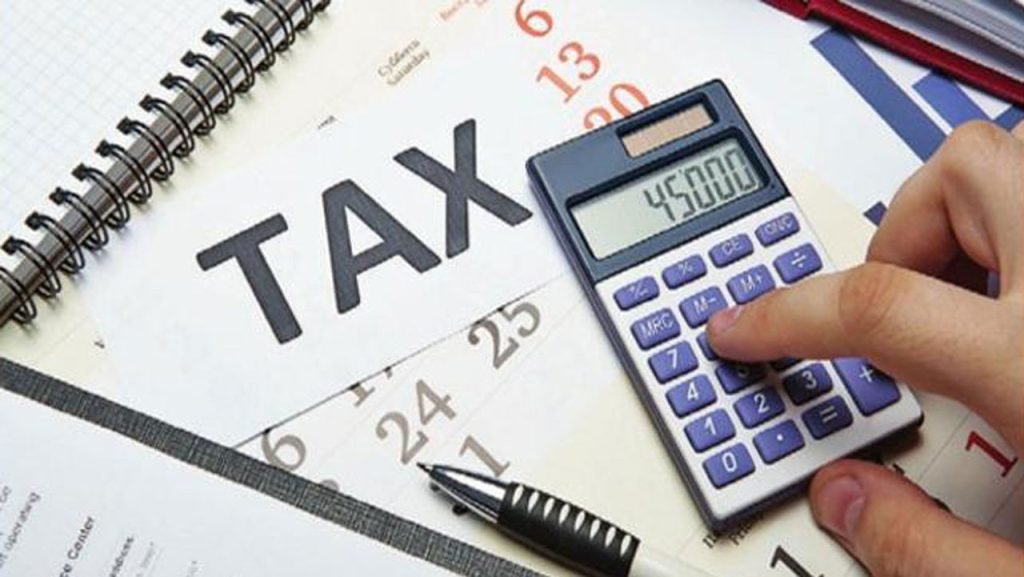
By David Akinmola
Nigeria’s value-added tax (VAT) receipts continued their upward trajectory in the second quarter of 2025, hitting ₦2.06 trillion and marking the seventh consecutive quarterly increase since mid-2023.
The National Bureau of Statistics (NBS), in its latest VAT report released in Abuja, said the figure represents a 32.15 per cent rise compared with the ₦1.56 trillion collected in the corresponding quarter of 2024.
According to the report, domestic VAT payments accounted for the largest share at ₦1.09 trillion, while foreign VAT remittances stood at ₦459.95 billion. Import VAT contributed an additional ₦508.55 billion during the period.
A sectoral breakdown showed real estate activities posting the highest quarter-on-quarter growth at 155.21 per cent, followed by agriculture, forestry and fishing at 23.64 per cent, and information and communication at 17.75 per cent. On the downside, human health and social work activities recorded a sharp contraction of –68.34 per cent, while electricity, gas, steam and air-conditioning supply dropped by 45.2 per cent.
In terms of contribution to total VAT, manufacturing retained its lead with 27.19 per cent, up 1.16 per cent from the previous quarter. This was followed by information and communication at 20.76 per cent and mining and quarrying at 15.04 per cent. At the lower end of the spectrum were household activities at 0.005 per cent, extraterritorial organisations at 0.02 per cent, and water supply and waste management at 0.03 per cent.
Since the removal of fuel subsidy and the unification of exchange rates in Q3 2023, VAT revenue has maintained a consistent upward trend. Collections rose from ₦948.07 billion in Q3 2023 to ₦1.2 trillion in Q4, and subsequently to ₦1.43 trillion in Q1 2024. The momentum continued with ₦1.56 trillion in Q2 2024, ₦1.78 trillion in Q3, and ₦1.95 trillion in Q4 before crossing the ₦2 trillion mark in the second quarter of 2025.






